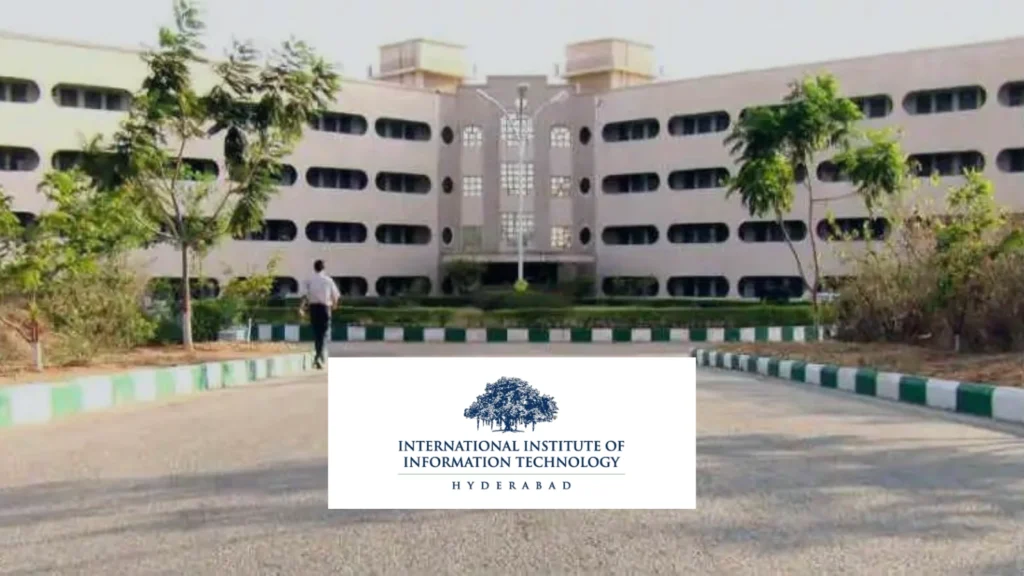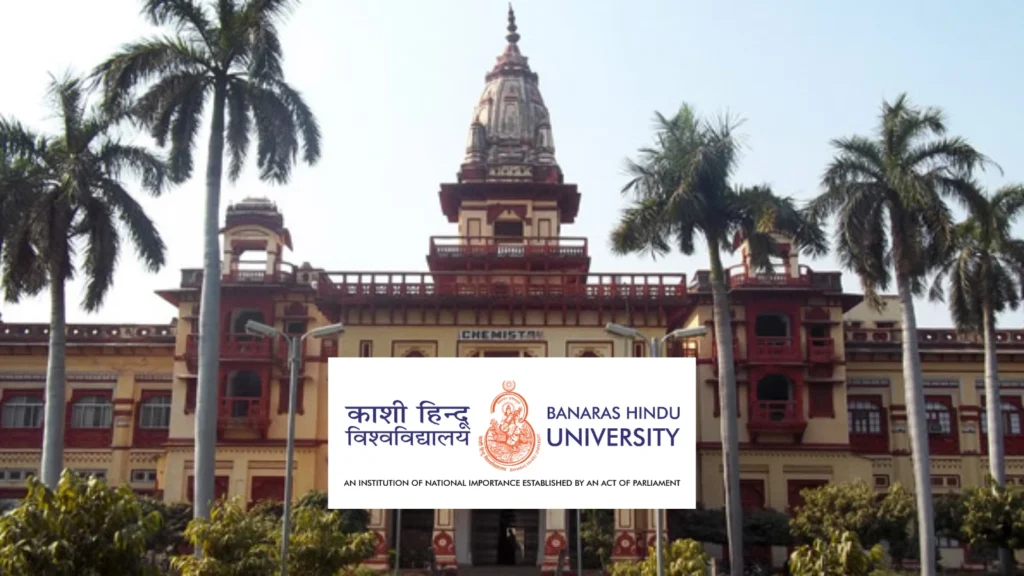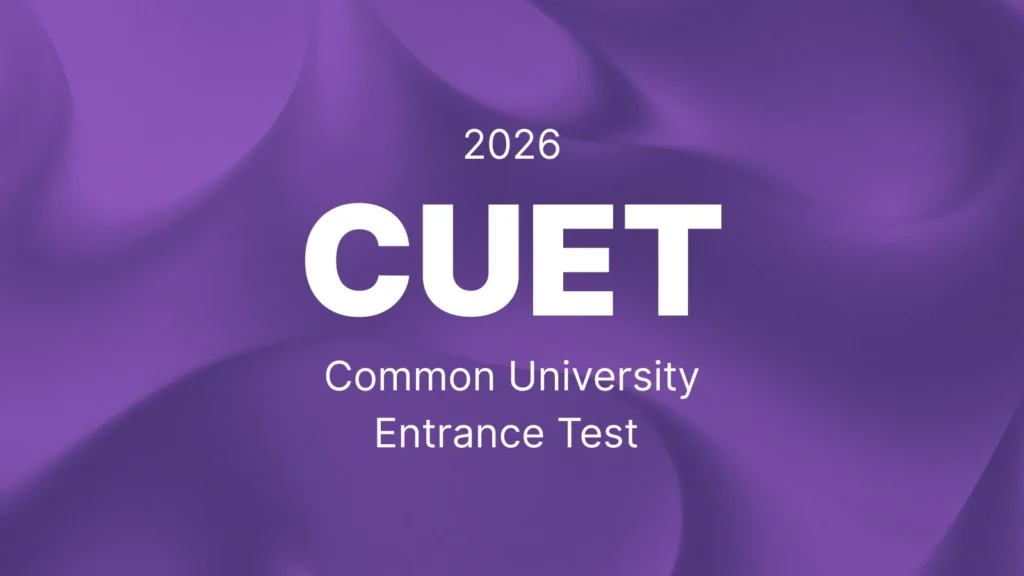NMC’s Official Position on Foreign Medical Universities
It is important to clarify that the National Medical Commission does not endorse any list of Foreign Medical Institutions/ Universities for MBBS or equivalent courses. But they further advise students to check course details (duration, internship, structure, fees) directly with the foreign institution, rather than relying on any list.
Eligibility Criteria for Students With Foreign Medical Degrees
- The Screening Test Regulations state that any Indian citizen or Overseas Citizen of India who earns their primary medical qualification from a foreign university must clear the mandatory Foreign Medical Graduates’ Exam (FMGE) to obtain registration in India.
- The exam assesses a candidate’s medical knowledge, clinical skills, and understanding of Indian medical practices. It is conducted by the National Board for Examination (NBE) twice (i.e. in June and December) every year. There is a ₹12,000 fee to write this examination.
- To be eligible to appear for the FMGE, students must have qualified for ‘National -Eligibility-cum- Entrance Test (NEET) before their foreign medical studies and obtained an eligibility certificate from the NMC.
Note: NMC’s long-term plan is for The National Exit Test (NExT) to replace FMGE. However, it will not be implemented immediately. For the next 3-4 years, NMC plans to conduct mock tests, which will be fully funded by NMC, to assess feasibility and gather feedback from students and institutions.
National Medical Commission’s Policy on FMGs
- This policy specifies the eligibility criteria – English proficiency, proof of having completed 54 months of medical education plus 12 months of Internship from a recognised foreign university, and ensuring Indian standards quality by clearing the FMGE.
- Then a registration process involves submitting relevant documents, including the FMGE pass certificate, academic transcripts, one year internship completion certificate, and identity proof.
TOEFL Savings worth ₹7200
Use code IND4859784 at checkout to avail a TOEFL discount of ₹1200 and get free access to TestGlider’s 12 TOEFL mock tests worth ₹6000.
Official Guidance from Indian Embassies for Studying Medicine Abroad
Besides regulatory rules from NMC, Indian students are also guided by Indian Embassy / MEA authorities in foreign countries. These often highlight risks related to degree recognition, accreditation, cost, living conditions, and local licensing. Some key advisories include:
- Astana, Kazakhstan
- Beijing, China
- Belgrade, Serbia
- Dushanbe, Tajikistan
- Kyiv, Ukraine
- Minsk, Belarus
- Poland
- Paramaribo, Suriname
- Russia
- Tashkent, Uzbekistan
- Yerevan, Armenia
Conclusion
A foreign medical degree can be valid in India, only when all regulatory conditions are met. The NMC does not approve or recommend any foreign university, and it is the student’s responsibility to ensure that the course structure, duration, clinical training and internship overseas match Indian standards. After completing their primary medical qualification abroad, graduates must clear the Foreign Medical Graduate Examination (FMGE) to obtain registration in India, until NExT eventually replaces it.
Students are strongly advised to refer to official Indian Embassy/MEA advisories and verify all details directly with the foreign institution before enrolling. Following these guidelines is essential to ensure that the qualification is recognised and that the graduate is eligible to practise medicine safely and legally in India.
Source: National Medical Commission, Embassy of India




